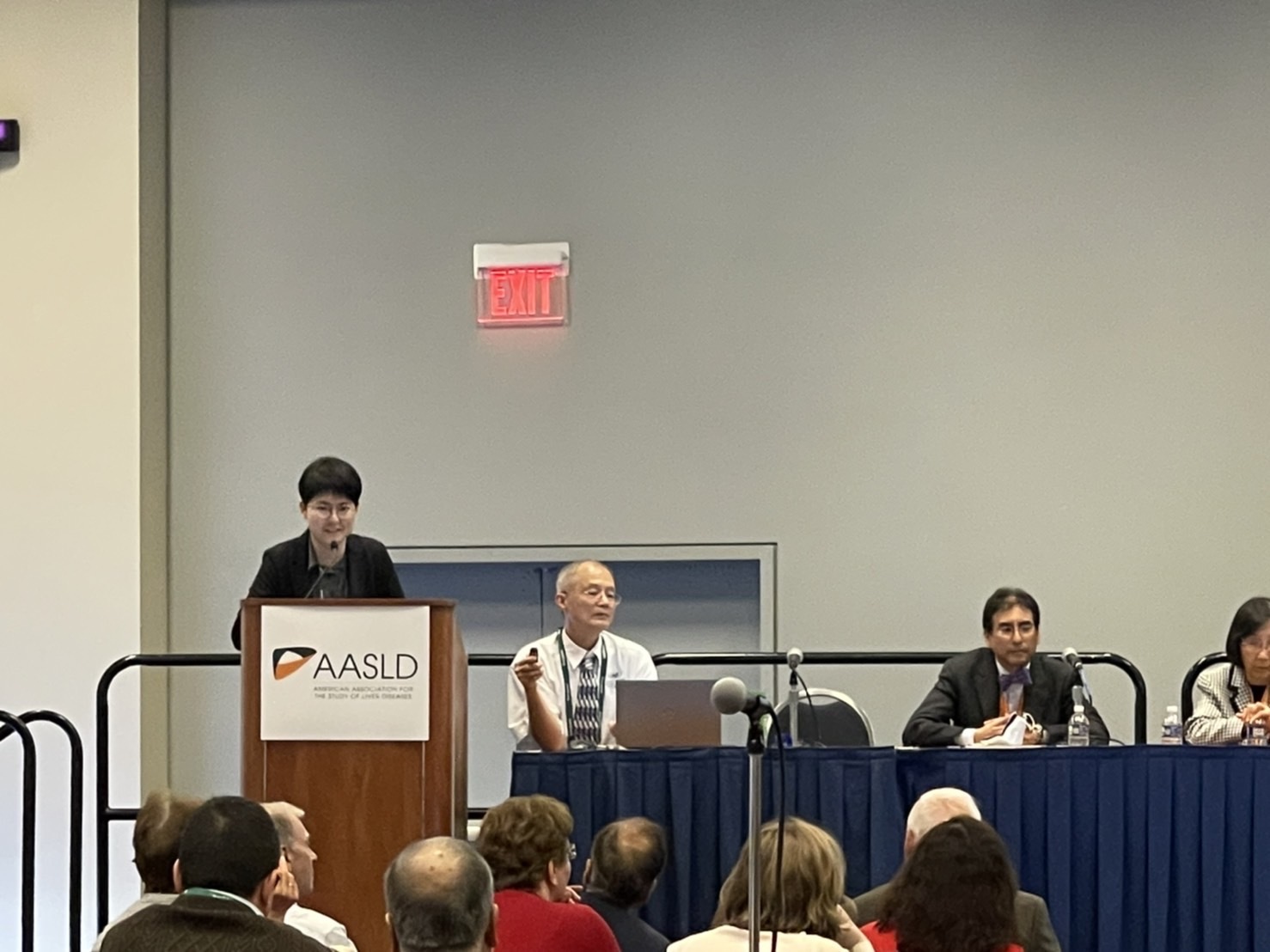Session Information
Date: Sunday, November 12, 2023
Title: Patient Perspectives Poster
Session Type: Poster Session A
Session Time: 9:00AM-11:00AM
Background/Purpose: Ever since I started medical school, I have been advised to not talk about my experiences with SLE. Family, friends, and even professors have warned me that discussing such topics may have negative implications on my future career.
Initially, I was skeptical. However, I soon found out that many young people, particular physicians, are extremely reluctant to openly discuss their chronic conditions, because they were worried about employers viewing them as a liability.
Intervention: In order to spread awareness about lupus, I ventured out of the private patient support groups and started with a Facebook post explaining my diagnosis to family and friends, more than 4 years after my first rheumatologist visit.
I also started to post regularly about both my personal journey and educational content about lupus on my Instagram account with more than 13000 followers. Friends and strangers alike messaged me to exchange experiences (as well as morbid jokes that will make healthy peers quite uncomfortable). I was also able to convince a few who were experiencing mysterious symptoms to see a rheumatologist. In one case, lupus nephritis was diagnosed early, and treatment was initiated before any further damage occurred!
Encouraged by the response I received, I felt empowered to go further in my advocacy and started sharing my experiences with another stigmatized condition: CHB. With CHB, managing lupus is more challenging since the treatments I am on, like steroids and rituximab, carry a high risk of causing HBV reactivation.
However, as a young “healthy” carrier, I was ineligible for costly antiviral medications under Taiwanese National Health Insurance (NHI), even though I had an off-the-charts viral load, mildly abnormal liver function, and was at risk of infecting my patients. I shared my story at multiple international hepatitis meetings, and with the effort of fellow advocates, eventually NHI agreed to start covering antivirals for immunosuppressed patients like me.
Maintenance: In recent years, Taiwan has seen an upsurge of patient-led advocacy efforts. As a result, many new drugs are now available for oncology and rare disease patients, and we are beginning to see the same trend in rheumatology. Patients have also become more health-literate, thanks to improved access to high-quality educational materials in Mandarin.
As a bilingual medical student, I also joined the translation task force of the COVID-19 Global Rheumatology Alliance. Over the past 3 years, we have translated the adult and pediatric versions of our vaccine survey into dozens of languages and disseminated them worldwide. I am also working on several other projects in autoimmunity and viral hepatitis, and was able to present my research at several international conferences.
Quality of Life: Inspired by the feedback I’ve received and progress that has been made, I no longer view myself as a “liability”. Instead, I strongly believe that my lived experience as both a medical student and a patient are valuable assets when it comes to patient care, research, and advocacy.
In the future, I hope to become a rheumatologist who conducts research that meets patients’ needs, as well as an advocate for a more inclusive workplace environment for young professionals living with chronic illness.
To cite this abstract in AMA style:
Lo J. How “Coming Out” About My Lupus Diagnosis Allowed Me to Connect With Patients, Get Involved With Research, and Spread Awareness [abstract]. Arthritis Rheumatol. 2023; 75 (suppl 9). https://acrabstracts.org/abstract/how-coming-out-about-my-lupus-diagnosis-allowed-me-to-connect-with-patients-get-involved-with-research-and-spread-awareness/. Accessed .« Back to ACR Convergence 2023
ACR Meeting Abstracts - https://acrabstracts.org/abstract/how-coming-out-about-my-lupus-diagnosis-allowed-me-to-connect-with-patients-get-involved-with-research-and-spread-awareness/

